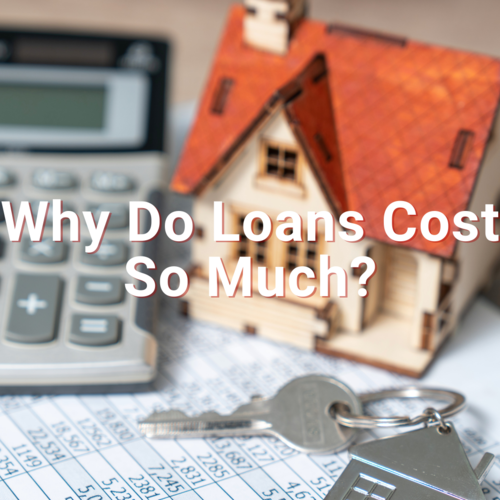Recently, several people have asked me whether I think housing prices are inflated and likely to lead to a market correction. It’s an understandable question, especially for those who owned property in 2005-‘06 when the last housing bubble burst. For now, at least, I see no warning signals.
Housing Prices
First of all, in the 15 years since our last bubble, housing prices—both retail and resale—have only risen by about 10 percent while inflation has increased by about 35 percent during the same period. This is one indicator that prices are not inflated.
Housing Shortage
Another indicator is supply—if we had more houses than we needed and prices were still high, it could point to an impending market correction. This is not the case. California, especially, has lagged behind other states to meet housing needs. At this point, our state is several hundred thousand housing units short of market demands. In Mendocino County, our housing shortage is so acute that local businesses report losing qualified professionals for key positions because they cannot find a place to live.
In the past 15 years, we’ve mostly built subsidized housing in the Ukiah Valley. I estimate we’ve built about four times as many subsidized units as market-rate units in recent years, and the market-rate housing has typically been smaller homes on smaller lots, like those going up on Gobbi Street in Ukiah.
The cost of building is closely correlated with the cost of labor and materials. In 2005, a spec-home builder was able to buy a lot at market value, then build and sell a spec home on it and make a decent profit. Today, margins are much thinner, and it’s questionable whether there’s much of a margin at all. Housing prices have remained relatively flat as the cost of labor and materials have increased substantially.
Increasing the Housing Supply
To address the housing shortage, developers need to at least recoup the cost of their investment and turn a small profit. This means the cost of building new houses must create greater value and efficiency than renting or reselling existing spaces. There’s no indication that’s going to happen any time soon, and as long as that’s the case, we’re not going to see new construction.
Interest Rates & Lending Practices
The thing that could upset the apple cart of the housing market is interest rates. Although interest rates are inching up ever so slowly, they remain at historic lows. If interest rates increase significantly–especially if the increase happens quickly–people’s ability to afford a home could change just as quickly. When interest rates go up, it costs more to borrow, so buyers get less house for their money. This usually puts downward pressure on housing prices. A 1-percent increase in rates can mean a 10-percent decrease in housing values. Of course, it all comes out in the wash; if values decrease by 10 percent but rates increase by one percent, your mortgage payment is about the same.
Bottom Line
The bottom line is this: with stable housing prices, low interest rates, almost no new construction, and a housing shortage, a housing bubble seems very unlikely. I think you can confidently purchase property without worrying that prices are inflated. The market seems to be working as intended.
I do hope State regulations do not exacerbate the housing shortage, as they seem poised to do. Against the recommendations of all 58 counties, the State of California is pushing for extreme regulations to safeguard against wildfires. For example, if someone wants to build a house at the end of a county road, the proposed regulations would demand that they pay for the cost of widening the road to 20 feet with turnouts. These and equally significant increases in the cost of building will prevent developers from building market-rate spec homes for the foreseeable future.
If you have questions about property management or real estate, please contact me at [email protected] or call (707) 462-4000. If you have an idea for a future column, share it with me and if I use it, I’ll send you a $25 gift certificate to Schat’s Bakery.
Dick Selzer is a real estate broker who has been in the business for more than 45 years.


